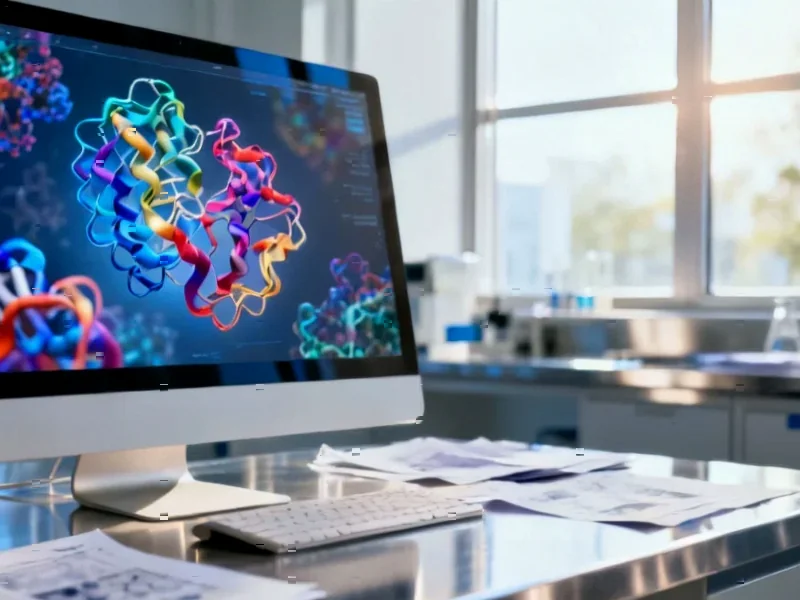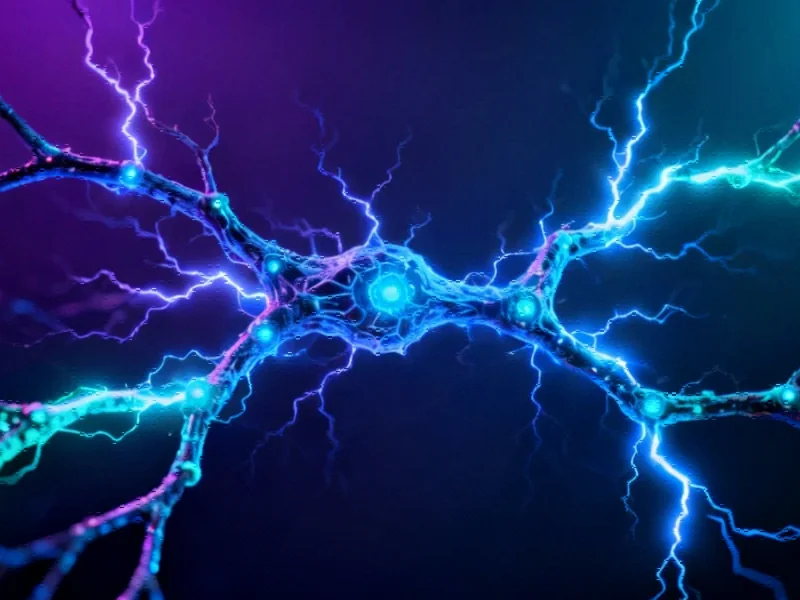According to Financial Times News, a team led by Nobel Prize-winning scientist David Baker has successfully used artificial intelligence to create entirely new functional antibodies from scratch. The breakthrough, published Wednesday in Nature, comes from researchers at the University of Washington who developed an AI model called RFantibody specifically for antibody design. This represents a major shift from conventional antibody discovery methods that typically require months of animal immunization tests and extensive screening. The AI approach can potentially reduce this process to just weeks without animal testing while helping scientists find more precise targets. In the study, the team successfully designed antibodies that bound to an actual cancer protein, which is particularly challenging because the difference between tumor cells and normal ones might be just a single protein. Co-founder Joe Watson described this as “the future” of antibody development.
Why this is a big deal
Here’s the thing about antibody development – it’s traditionally been incredibly messy. Scientists basically have to wait around for months hoping animals produce the right immune response, then sift through countless possibilities. It’s expensive, laborious, and frankly, not very precise. Baker called this AI breakthrough a “step change” for pharma, and he’s not exaggerating. We’re talking about moving from random library selection to actual rational design. That’s like going from throwing darts blindfolded to having a laser-guided targeting system.
The broader implications
Now, let’s be real – this doesn’t solve the entire drug development problem. Clinical trials and regulatory approvals will still take forever. But the antibody design phase has been a major bottleneck, especially for complex targets like cancer proteins. What’s fascinating is how specific the AI can be – researchers can literally click on a protein region and say “design an antibody that binds right here.” That level of precision simply wasn’t possible before. And considering antibodies are used in everything from cancer treatments to COVID drugs, speeding up this initial design phase could have ripple effects across medicine.
Where this fits in the bigger picture
This isn’t happening in a vacuum. We’re seeing AI transform multiple scientific fields simultaneously. Baker’s lab has been working on computational protein design for years – he literally won a Nobel for it last year. What’s different now is that AI models have become sophisticated enough to handle the complexity of antibody design. Francesco Aprile from Imperial College London called this a “remarkable achievement,” and he’s right. But here’s my question – how long until we see the first AI-designed antibody actually make it to patients? That’s the real test. The team has proven it works in the lab, but the journey from petri dish to pharmacy is long and complicated.
The road ahead
So what’s next? The researchers have spun out a company called Xaira Therapeutics to commercialize this technology. That tells you they’re serious about moving this from academic breakthrough to real-world impact. The pharmaceutical industry is watching closely because faster antibody development means potentially getting treatments to patients sooner and at lower costs. But there‘s still plenty of validation needed – can this approach consistently produce viable treatments across different diseases? Still, when you combine this with other AI advances in drug discovery, it feels like we’re at the beginning of a genuine revolution in how medicines get developed. The old ways are about to get seriously disrupted.




